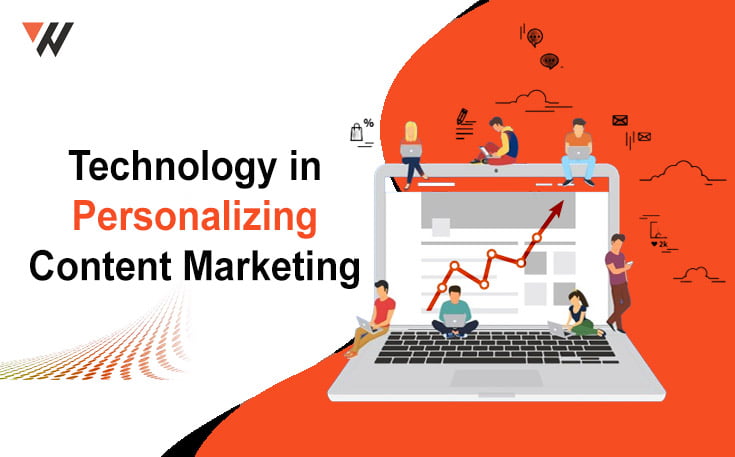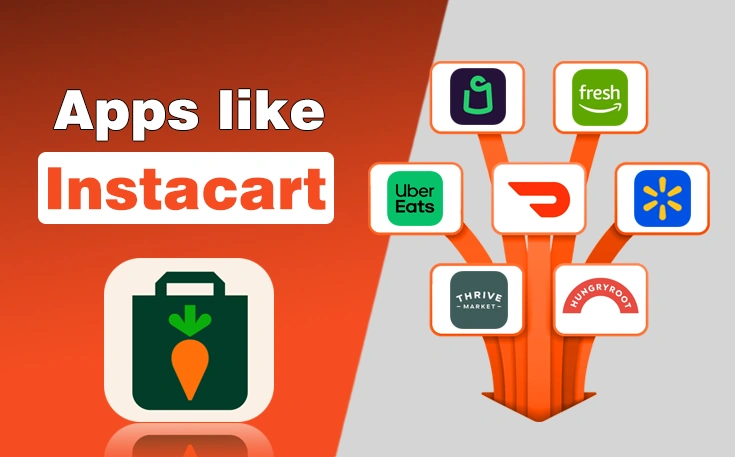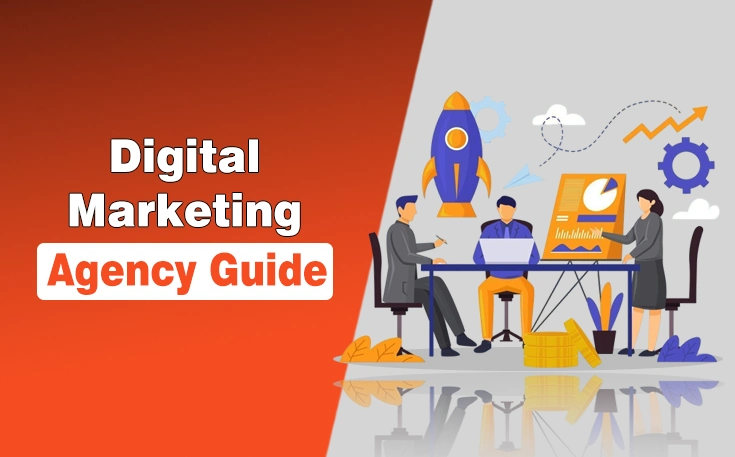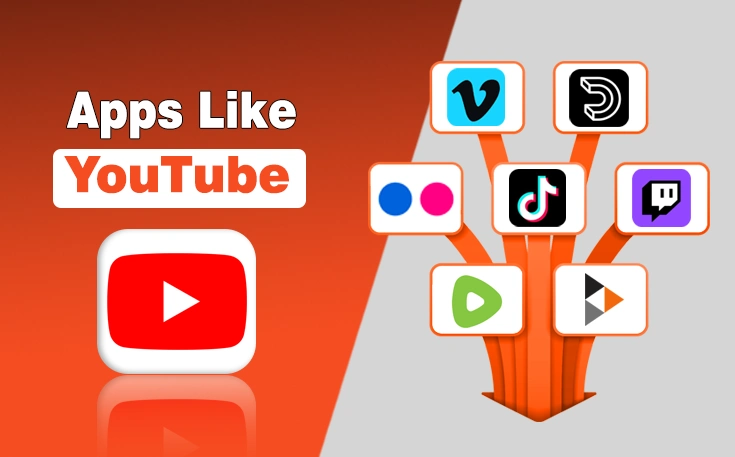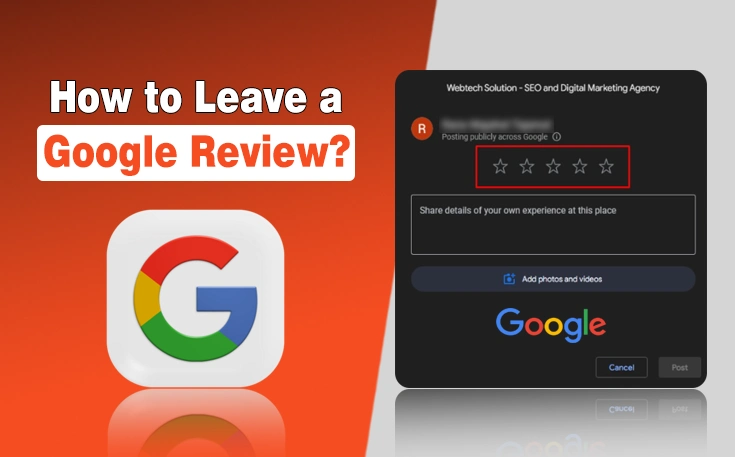Greetings to a realm where personalized content marketing is the king! Here, technology has a big role to play as it is soaring high. Every day, new marketing strategies are coming into existence that cater to the industry’s unique requirements.
Today’s content marketing focuses completely on delivering accurate messages and catering to the right audience at the right time.
Let’s take you to an immersive experience that explains how data analytics is helpful for marketers who comprehend consumer behavior. Read this guide till the end and discover the actual strength of automation tools when it comes to personalizing content marketing strategies.
This is your key to making every interaction personal!
Dive into the world of personalization engines that produce personalized content to individual preferences. Furthermore, it also takes a walk to ethical considerations while leveraging advanced technology.
So, without further ado, let’s get started on this!
The Impact of Data Analytics on Personalization
Understanding Customer Data
The digital age is well-versed in contemplating consuming data as it is a crucial consideration for custom marketing. When you have the right data by your side, it becomes easy to craft content that is vocal about the needs and interests of your audience.
This particular information is available from multiple sources, be it website behavior, social media interactions, or purchase history. But some of them also come from store video data.
Once you analyze these interactions, there is a probability of gaining insights into what your customers want, when they want it, and how they prefer to receive it.
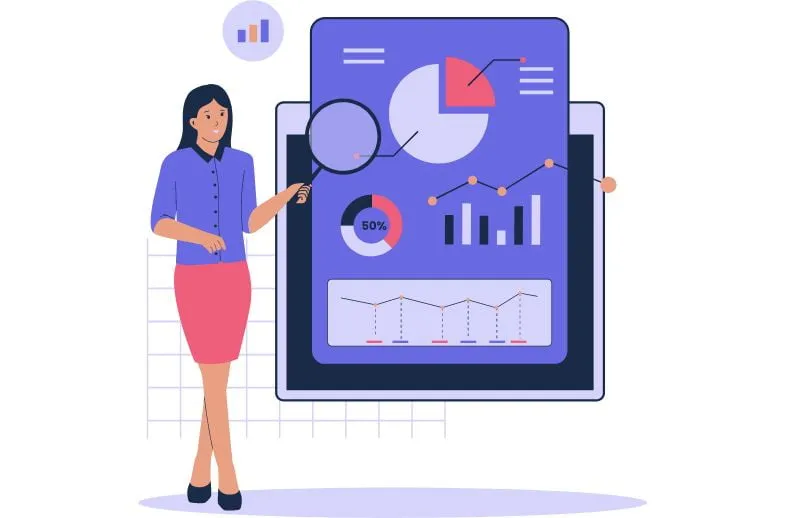
Targeting and Segmentation
After you have all the customer data to yourself, it is time for segmentation. Furthermore, this process includes categorizing your audience into smaller groups based on characteristics they share.
These are the same segments that are reliant on preferences, behavior, and even demographics. Effective segmentation paves the way for targeting every group with personalized content.
This eventually makes your marketing efforts more impactful and efficient. For instance, when you are aware that your audience keeps coming back to your site to watch videos, you may produce more of them.
Predictive Analytics for Consumer Behavior
Do you know what takes data analysis a step further? It’s predictive analysis, with the help of historical data, that can predict future behavior. Not only can this technology predict the products a consumer likes, but it also tells you the best time to shoot a promotional email.
Once you integrate these predictive analytics into your promotional strategy, chances are you can proactively address the needs of customers. Thus, it enhances their overall experience. What’s better than knowing what consumers want even before they knock on your doors?
Integrating AI and Machine Learning in Content Personalization
How Does AI Improve Personalization
Artificial intelligence isn’t mundane; it elevates content personalization to a different level. It is due to AI that you get to analyze large amounts of data quickly, thus identifying trends and patterns that might be impossible otherwise.
This helps marketers to make content that resonates with individual preferences. AI algorithms are competent to predict the type of content that will provide users with a unique experience.
Machine Learning Algorithms in Marketing
Machine learning algorithms influence every AI-powered customization. These algorithms take lessons from user behavior that keeps adapting and improving from time to time.
For instance, recommendation engines leverage machine learning to suggest content or products based on previous interactions. Hence, continuous lessons about new data enable the formation of algorithms that align with current marketing strategies.
Thus, it ensures that your audience always receives the most pertinent content.
Real-Time Personalization Techniques
By real-time personalization, we mean delivering the exact content your audience is willing to see at a particular time. AI makes use of user behaviour and then does the analysis.
For example, everytime a user lands on your website, AI instantly adjusts its content to check what preferences and interactions took place in the past.
Such a level of personalization can not only improve user satisfaction but also engagement. It is equivalent to browsing a digital store and witnessing product recommendations that align with your recent purchases and searches.
You become the store that knows everything about its customers!
Instances Where AI-Powered Marketing Tools Are Actually Effective
A number of AI-powered tools pave the way for personalizing content marketing efforts:
- Optimizely: Optimizely literally optimizes AI to conduct A/B tests and enable web content. This ensures that each visitor gets to see the most effective version of a page.
- HubSpot: Popular for its comprehensive marketing automation capabilities, HubSpot utilizes AI to customize email content and schedule optimal send times.
- Dynamic Yield: This platform offers real-time personalization across web, mobile, and email, tailoring content and recommendations to individual users.
- Persado: By analyzing language patterns, Persado helps create emotionally engaging content that resonates with your audience.
The integration of these tools into your marketing strategy helps in streamlining the efforts, thus turning personalization into a more effective option. Both AI and machine learning are not just buzzwords; they’re changing the way how one connects with your audience, making every interaction more meaningful.
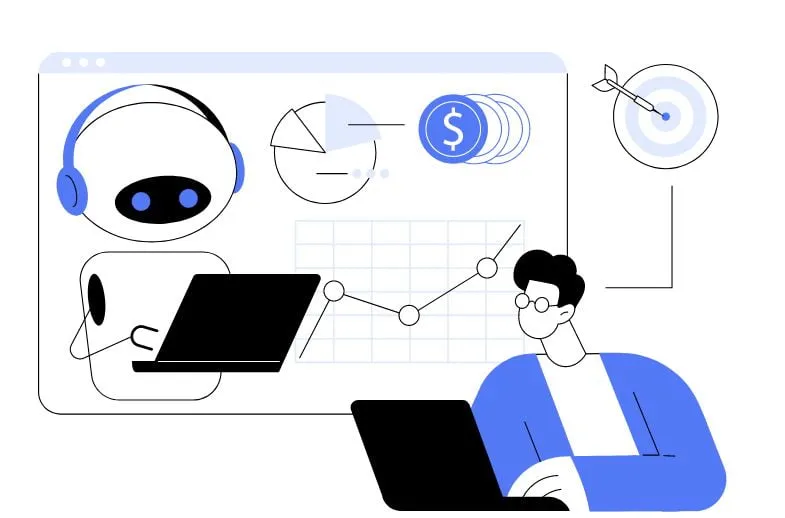
Automation Tools that help to deliver Customized Content
What Are Marketing Automation Tools
Marketing automation tools are the most helpful when it comes to revolutionizing the management and delivery of personalized content. These tools can streamline mundane tasks, thus letting you focus on custom messages for your audience.
Moreover, platforms such as Marketo, Mailchimp, and Hubspot help you to automate email marketing, digital marketing, and even social media posts.
Advantages of Automated Email Campaigns
When it comes to personalized content delivery, nothing works better than automated email campaigns. Once you automate your email marketing strategy, you get the power of sending targeted messages to your audience.
Furthermore, these campaigns are easy to trigger by signing up for a newsletter or purchasing something.
The perks if such automated email campaigns include increased engagement and higher open rates. It is possible to automate emails and make them look more personal. All you have to do is add the purchase history, browsing behaviour and the name of the recipient in the email.
Additionally, automated campaigns let you utilize A/B testing which ultimately helps you optimize subject lines, send times for maximum impact and content.
Customized Social Media Marketing
Social media platforms play a great role when it comes to reaching your target audience. Automation tools not only personalize this process but also make it more efficient. Tools such as Buffer and Hootsuite allow you to schedule posts, track engagement and simultaneously manage several accounts from just one dashboard.
Once you automate your social media marketing, there’s a surety that you’ll be posting consistently along with tailored content for various audience segments. For instance, you can optimize data analytics to determine the right time to post or target your followers with the right form of content.
Personalizing social media can also involve dynamic content including personalized ads or posts based on user behavior and preferences.
This is why you need to Leverage CRM Systems with Automation Tools
Bringing down the goodness of CRM systems with marketing automation tools is a game-changer for custom content delivery. CRM systems such as Salesforce and Zoho jot down valuable customer data. Integrating these insights with Business Central implementation can further streamline workflows and improve customer engagement strategies.
This includes everything from past interactions to purchase history, and even preferences. When integrated with automation tools, this data can help to create highly personalized marketing campaigns.
Challenges and Ethical Considerations
● Privacy Concerns and Data Security
Your data privacy matters. Personalizing content requires collecting personal information, like browsing history and purchase habits. Protecting this data is crucial. Data breaches can have severe consequences. Companies must use encrypted storage, secure access controls, and regular security audits. Transparency about data collection can help build trust.
● Balancing Personalization with Consumer Trust
Personalization aims to enhance your experience, but it can sometimes feel intrusive. Companies need to balance providing value without overstepping boundaries. Clear communication about data usage fosters trust. Offering opt-out options and respecting your choices strengthens this relationship. Personalization should make you feel valued, not uncomfortable.
● Ethical Use of AI and Machine Learning
AI and machine learning drive many personalization strategies, raising ethical questions. These technologies can inadvertently reinforce biases present in data. Companies must regularly review algorithms to ensure fairness. Transparency about AI decisions is crucial. You should know when AI is used and how it impacts your experience. Ethical AI practices maintain fairness and accountability.
● Regulatory Compliance and Best Practices
Compliance with data protection laws like GDPR and CCPA is essential. Adhering to these regulations avoids fines and legal issues. Companies should stay updated with regulatory changes and implement best practices. Regular compliance audits and staff training on data privacy are necessary. Proactive measures demonstrate a commitment to protecting your rights.
Conclusion – Personalizing Content Marketing Strategies
Technology, at present, is turning down the way personalized content marketing takes place. Machine learning, AI, automation tools and even data analytics are converting basic marketing into a more impactful one.
These are the same technologies that give marketers a better understanding of consumer behaviour and help in better content delivery. As one adopts to these tools, it becomes crucial to handle personalization carefully with data security and privacy.
Looking ahead, hyper-personalization, voice search, and augmented reality will further enhance how you connect with your audience. Staying ahead of these trends ensures your content remains relevant and engaging.
Embrace these technological advancements to create marketing strategies that truly resonate with your audience. Personalization is the future, and with the right tools, you can lead the way.

